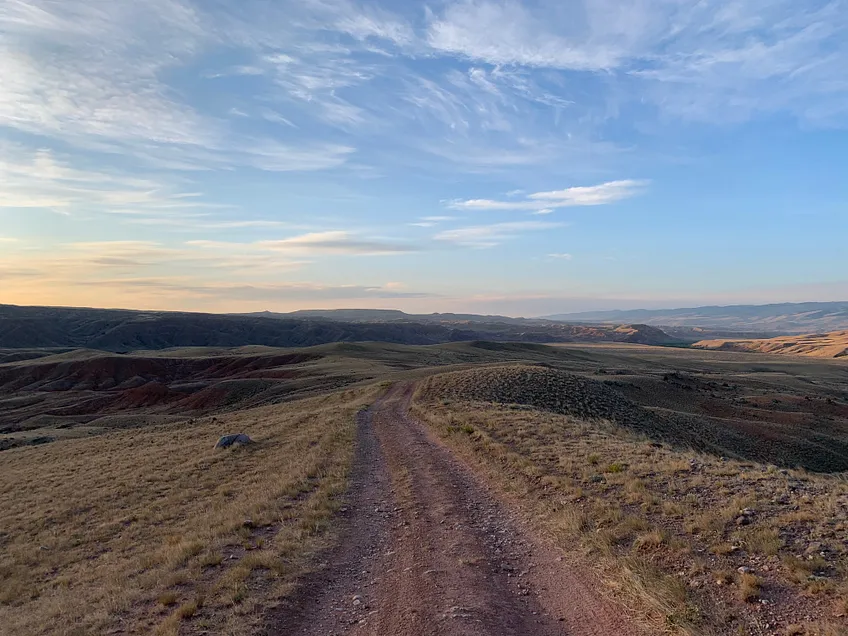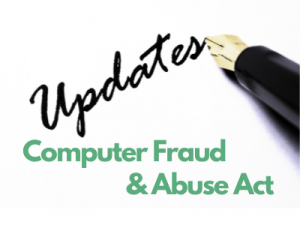
Pretrial Detention
This post is originally published to Substack. You can read and follow us there. https://torekeland.substack.com/p/the-road-to-nowhere
This is a continuation of a series that started with https://www.torekeland.com/guilty-until-proven-innocent/
It’s 10 pm ET, and Mike and I are driving through Maryland on our way to visit a client who has been jailed pretrial now for almost two years. It takes us about six hours to drive to the rural state jail (that’s owned by two judges) the Feds contracted with to hold our client. Accused of computer crimes, he can’t effectively review evidence in jail – there’s no practical access to computers in the gulag. They’ve seized all his assets claiming they’re the ill-gotten gains of crimes the government can’t identify, and their computer forensics – if you can call them that – have no scientific basis and are full of basic errors and typos. In my decade as a federal criminal defense lawyer doing computer cases across the country, I’ve never come across a case where the government was so completely off.
In another example of what I consider procedural bias against the defense, I am not technically permitted to say our client is innocent. Why not? I don’t know. I’ve yet to hear a convincing argument explaining this commonplace rule – it just looks like another attempt to muzzle defendants. Trying to claim that it’s meant to protect from biasing jurors pretrial makes little sense because it assumes jurors are stupid and incapable of rational consideration of adversarial claims – a presumption the Constitution doesn’t make. And what justifies the shift between pretrial and at trial – where you can argue innocence?
You’re innocent until proven guilty and the government has the burden of proof to prove you guilty beyond a reasonable doubt. Unless they convince the court on the preponderance of the evidence that you’re a threat to the community or a flight risk – then you can do a felony length sentence waiting for your jury trial. There’s lots of lip service to the presumption of innocence in the pretrial detention analysis but in practice, most courts proceed from an implicit and arbitrary presumption of guilt. And will detain a ham sandwich, both as a threat to the community and a flight risk. It might have access to mustard, after all.
Pretrial detention is purportedly only to ensure the defendant’s appearance in court and to protect the community. But with the lesser judges, there’s a moralistic, punitive tinge to their detention orders where judgment comes before proof. Just like the old days with trial by ordeal. Usually, in these types of scenarios, there’s a conspicuous lack of a record justifying the detention; this can be a gift to the defense. The Firm playbook has a section on a tactic we call “The Record” to help unwrap such gifts.
Generally, when your adversary is hiding things there are holes in the record, easily found once you look. Sometimes you need to look at the surface to see them and not for a depth that isn’t there. Looking for depth when things are shallow is a sign that you might be drinking the prosecutorial Kool-Aid.
We’ve got another couple of hours on the road, we should be getting into our one-star hotel around 1 am. We’ll be at the jail as soon as it opens in the morning, and get in as much work with our client as we can get in before driving back to Brooklyn. We’re roughly two and a half months away from trial.




